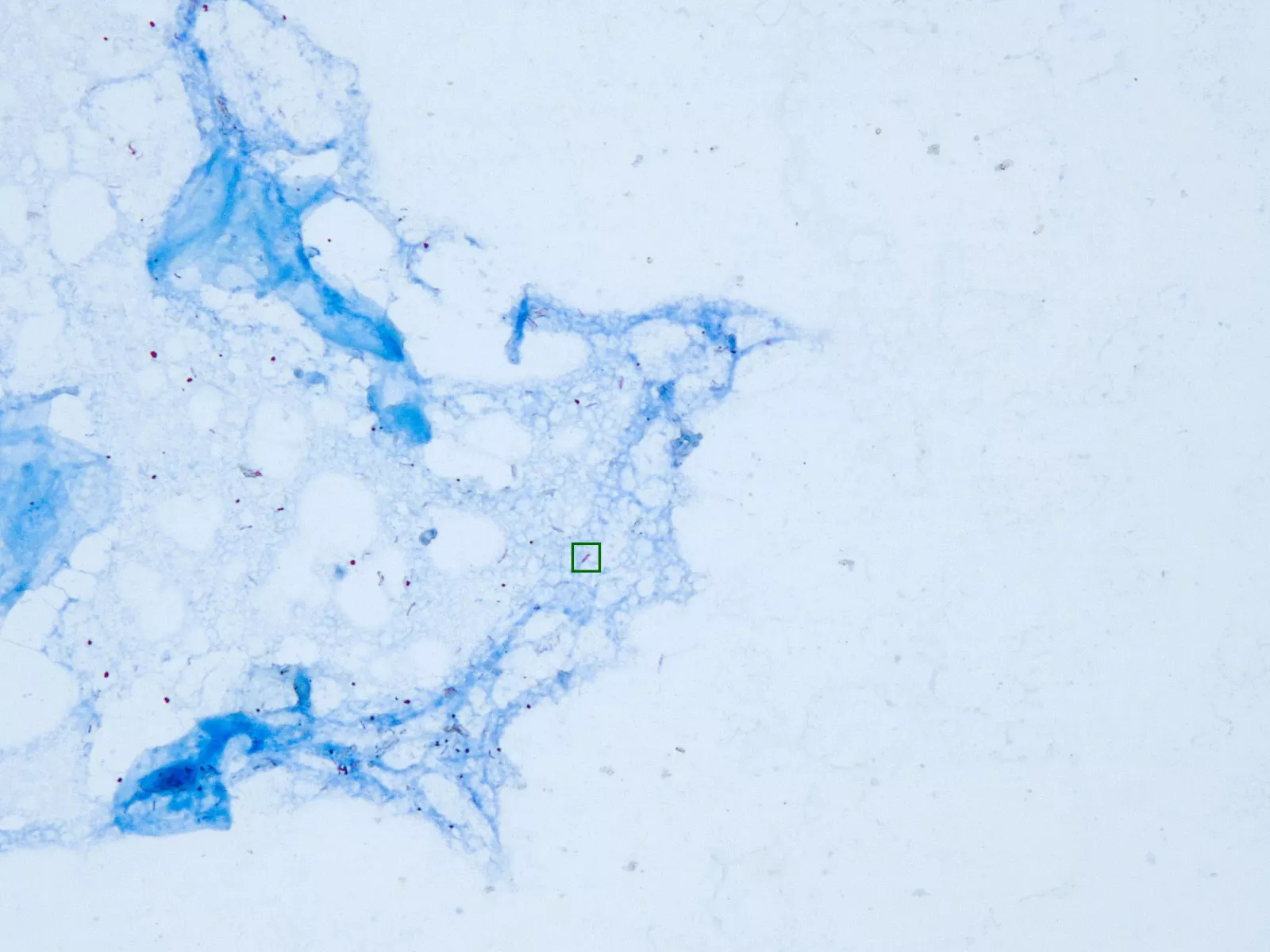
Researchers from the Hungarian Artificial Intelligence National Laboratory (MILAB), Zsolt Bedőházi and András Biricz, have won the international "2024 Detecting Active Tuberculosis Bacilli Data Challenge" competition with their team NeuraBB. The contest aimed to develop algorithms capable of identifying pathogens in patient samples, thereby aiding in the diagnosis of active tuberculosis. It was organized by Nightingale Open Science and Wellgen Medical.
Participants were tasked with analyzing a dataset of over 75,000 microscopic images of respiratory samples collected from Asia. They needed to determine whether the samples contained the pathogen. Positive samples were significantly underrepresented in the dataset (approximately five percent).
The MILAB researchers employed a weakly-supervised framework. This solution did not require external datasets or expert-made annotations, thus addressing data privacy and accessibility concerns. Their approach focused on recognizing unique characteristics of the bacteria. Their solution is rapid, scalable, and efficient for TB detection from sputum microscopy images.
A more detailed description of the method and the code used can be found on Github. Telex also reported on the result.